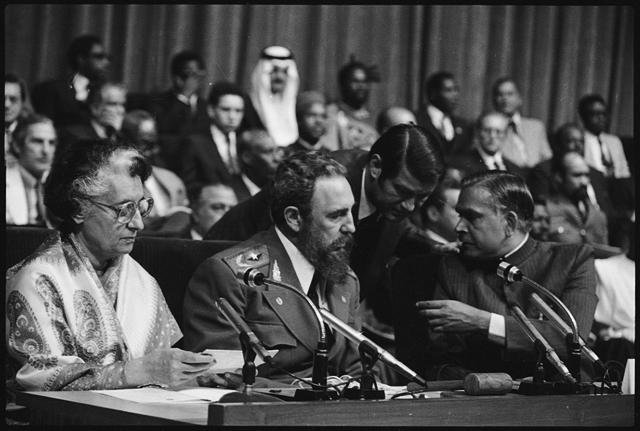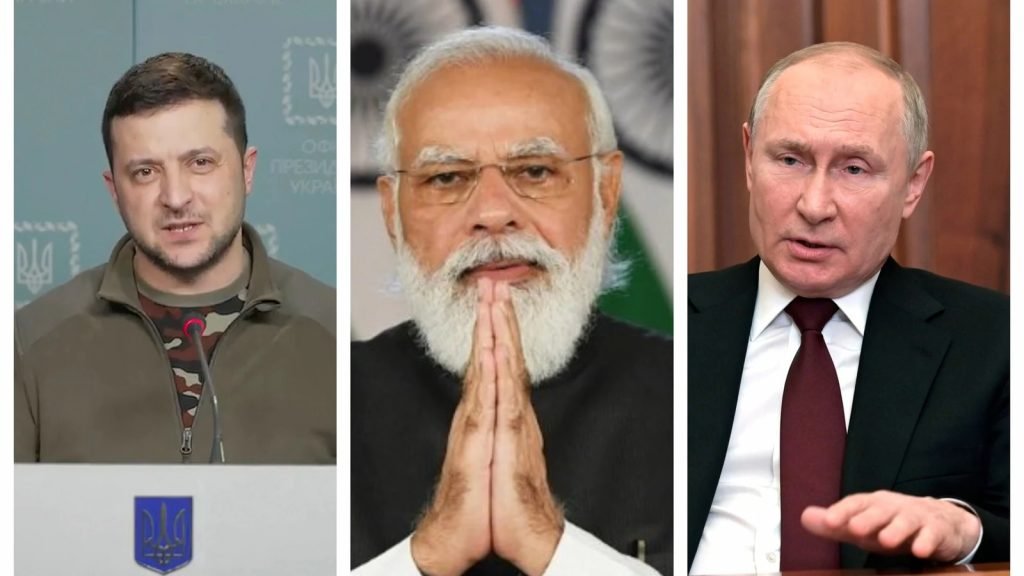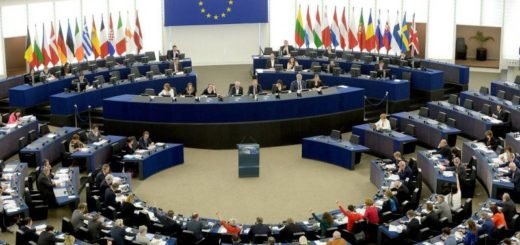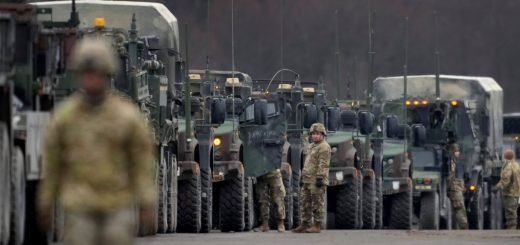How India has kept the spirit of NAM alive

Introduction
In the recent geopolitical scenario, India has truly shown the world that neutrality is a sign of great strength and has made a loud proclamation to the world about its independent and sovereign foreign policy. The Russia-Ukraine conflict again brought the world to the doorstep of a new Cold War. The world has again begun to witness a massive polarization in the form of the power blocs, the same way it was during the previous Cold War. Today, once again one part of the world is being led by the USA and NATO, while on the other hand, we see the rise of the military might of China and Russia. However, even in such a polarized atmosphere, which has heightened during the ongoing Russia-Ukraine conflict, India has managed to stay neutral and has through great diplomatic skill kept the spirit of the NAM, the Non-Aligned Movement Alive.

Brief History of the NAM
The Non-Aligned Movement (NAM) was founded at the height of the Cold War, with the fall of the colonial order and the fights for the independence of the peoples of Africa, Asia, Latin America, and other parts of the world. Early on in the history of the Non-Aligned Movement, its activities played a significant role in the decolonization process, which eventually helped numerous peoples and nations achieve freedom and independence and led to the establishment of dozens of new sovereign States. The Movement of Non-Aligned Countries has consistently contributed significantly to maintaining international stability and security.[1]
Although ideas were put forward for an international order that sided neither with the US-led NATO bloc nor with the countries of the Warsaw Pact led by the then Soviet Union at several conferences, it was the Bandung Conference of 1955 that laid a solid foundation for the NAM. The conference was held at Bandung, Indonesia and it laid down ten principles that became the guiding principles of the Non-Aligned Movement which were:
- Respect for fundamental human rights and the objectives and principles of the Charter of the United Nations
- Respect for the sovereignty and territorial integrity of all nations
- Recognition of the equality among all races and of the equality among all nations, both large and small.
- Non-intervention or non-interference in the internal affairs of another country.
- Respect of the right of every nation to defend itself, either individually or collectively, in conformity with the Charter of the United Nations.
- Non-use of collective defense pacts to benefit the specific interests of any of the great powers and non-use of pressures by any country against other countries
- Refraining from carrying out or threatening to carry out aggression, or from using force against the territorial integrity or political independence of any country.
- Peaceful solution of all international conflicts in conformity with the Charter of the United Nations.
- Promotion of mutual interests and of cooperation.
- Respect for justice and international obligations
The Non-Aligned Movement came into existence at the Belgrade Conference of 1961. The then-heads of state and government of Egypt’s Gamal Abdel Nasser, Ghana’s Kwame Nkrumah, India’s Shri Jawaharlal Nehru, Indonesia’s Ahmed Sukarno, and Yugoslavia’s Josip Broz Tito, who later served as the movement’s founding fathers and iconic figures, played a crucial role in the establishment of the NAM.[2]
India has always stood up for neutrality and ascertainment of independent ideas and policy-driven decisions. In a world driven by the influence of power and hegemony during the Cold War, India and the NAM showed that though newly independent, the new nation-states of Asia, Africa, and Latin America do have the capabilities of carving their own paths, they have the capabilities of creating their own destinies and not get influenced by the power politics of the power blocs. The Non-Aligned nations have historically demonstrated their capacity to put aside their differences and find a basis for action that promotes cooperation and the upholding of their shared ideals. The Bandung Principles continue to inspire the ideas of an international order, driven by respect for sovereignty and the independent identity of every nation and not by power or hegemony.

How India Continues to keep the spirit of NAM alive
India faced a diplomatic confrontation during the ongoing Russia-Ukraine conflict when pressure was built upon by the United States and other Western nations to publicly condemn Russia for the Russia-Ukraine conflict and for disturbing the international order. The message from the West was three-pronged- India change its stance at the UN, where it abstained from voting on resolutions against Russia, not increase its purchase of Russian oil, and not use the rupee-rouble-based payment mechanism that could subvert “backfilling sanctions”. [3] India did not bow to Western pressure and continued with its independent, neutral stance. This was clear when the Russian Foreign Minister Sergei Lavrov received a red-carpet welcome in New Delhi and had a cordial meeting with Prime Minister Narendra Modi.[4] India knows best what concerns its foreign policies and what lies in the Nation’s interests. The attitude of the West became apparently clear, all it wanted was that India joins its club and thereby compromise on its own national interests. India’s Minister of External Affairs Dr. S. Jaishankar exposed the duplicity of the West with respect to buying Russian oil and gas. Dr. Jaishankar said- “It is interesting because we have seen for some time what looks almost like a campaign on this issue. I was just reading a report today, that in the month of March, Europe has bought, I think, 15% more oil and gas from Russia than the month before. If you look at the major buyers of oil and gas from Russia, I think you’ll find most of them are in Europe. When oil prices go up. I think it’s natural for countries to go out and look for what are good deals for that thing.”[5] The pressure from the West was profoundly clear from the usage of language by the US Deputy National Security Advisor Daleep Singh who said that there could be “consequences” for countries like India.[6] However, India marched on and maintained its neutral status. It seems as if the West cannot digest this fact how can India, which happened to be a colony and a foreign-dominated country till the last century stand up on its own feet and carve its own destiny in the world, how can India, which is regarded as a Third World country by the West rise up as an emerging superpower. No matter what perception the West might have, India was, is, and will always continue to uphold the principles of the Non-Aligned Movement. The Non-Aligned approach of India’s foreign policy is what makes it unique in this power-driven world. India is already a strong regional power and will one day stand as a major superpower. At the time of his visit to New Delhi, the Russian Foreign Minister Sergei Lavrov had said while appreciating India’s stance. He said- “Indian foreign policies are characterised by independence and the concentration on real national legitimate interests.”
It is also not that India has kept quiet on the issue of human rights violations in Ukraine. India did condemn the killings in Bucha city of Ukraine by the Russian forces and the same was also welcomed by the United States, which for quite a while had been critical of India’s stance.[7] India’s representative to the United Nations T.S. Tirumurti in his statement had condemned the Russian killings in Bucha. He said- “We unequivocally condemn these killings and support the call for an independent investigation”.[8] India has since the start of this conflict always urged for opting the path of dialogue and diplomacy for reconciliation between Russia and Ukraine and ending this bloodshed. All this shows that India cares for a peaceful international order while maintaining strict neutrality which is a character of the spirit of the Non-Aligned Movement.
Conclusion
The Non-Aligned Movement continues to guide the world, with its summits taking place at regular intervals. The last summit took place in Baku, Azerbaijan in 2019, and the next summit is scheduled to take place at the end of 2023 in Uganda.[9] Through this neutral stance, while voicing against the Human Rights violation in Ukraine and not bowing to the Western Pressure, India has made it clear that its foreign policy shall never leave any stone unturned in upholding the Bandung Principles for a peaceful and a united world.
India, whether it holds the presidency of the NAM or not but surely does spearhead this great movement every time through its own foreign policy decisions. Today, the world needs India. This new India is resilient, powerful, and has all the capabilities of becoming the world leader or the Vishwa Guru. Today’s India is not known as the land of only the snake charmers, elephants, and tigers but as the nation which knows the way, goes the way, and shows the way.
[1] https://mea.gov.in/in-focus-article.htm?20349/History+and+Evolution+of+NonAligned+Movement.
[2] https://mea.gov.in/in-focus-article.htm?20349/History+and+Evolution+of+NonAligned+Movement.
[3] https://www.thehindu.com/opinion/editorial/in-the-middle-on-indias-role-in-russia-ukraine-crisis/article65293799.ece.
[4] https://www.thehindu.com/opinion/editorial/in-the-middle-on-indias-role-in-russia-ukraine-crisis/article65293799.ece.
[5] https://timesofindia.indiatimes.com/blogs/ChanakyaCode/despite-western-pressure-india-maintains-its-neutral-approach-towards-russia-ukraine-conflict-opportunity-to-end-hostilities-deserves-urgent-consideration/.
[6] https://timesofindia.indiatimes.com/blogs/ChanakyaCode/despite-western-pressure-india-maintains-its-neutral-approach-towards-russia-ukraine-conflict-opportunity-to-end-hostilities-deserves-urgent-consideration/.
[7] https://www.business-standard.com/article/international/us-senator-welcomes-india-s-condemnation-of-bucha-killings-in-ukraine-122040700081_1.html.
[8] https://www.business-standard.com/article/international/us-senator-welcomes-india-s-condemnation-of-bucha-killings-in-ukraine-122040700081_1.html.
[9] https://mfa.gov.az/en/news/no26721.


















